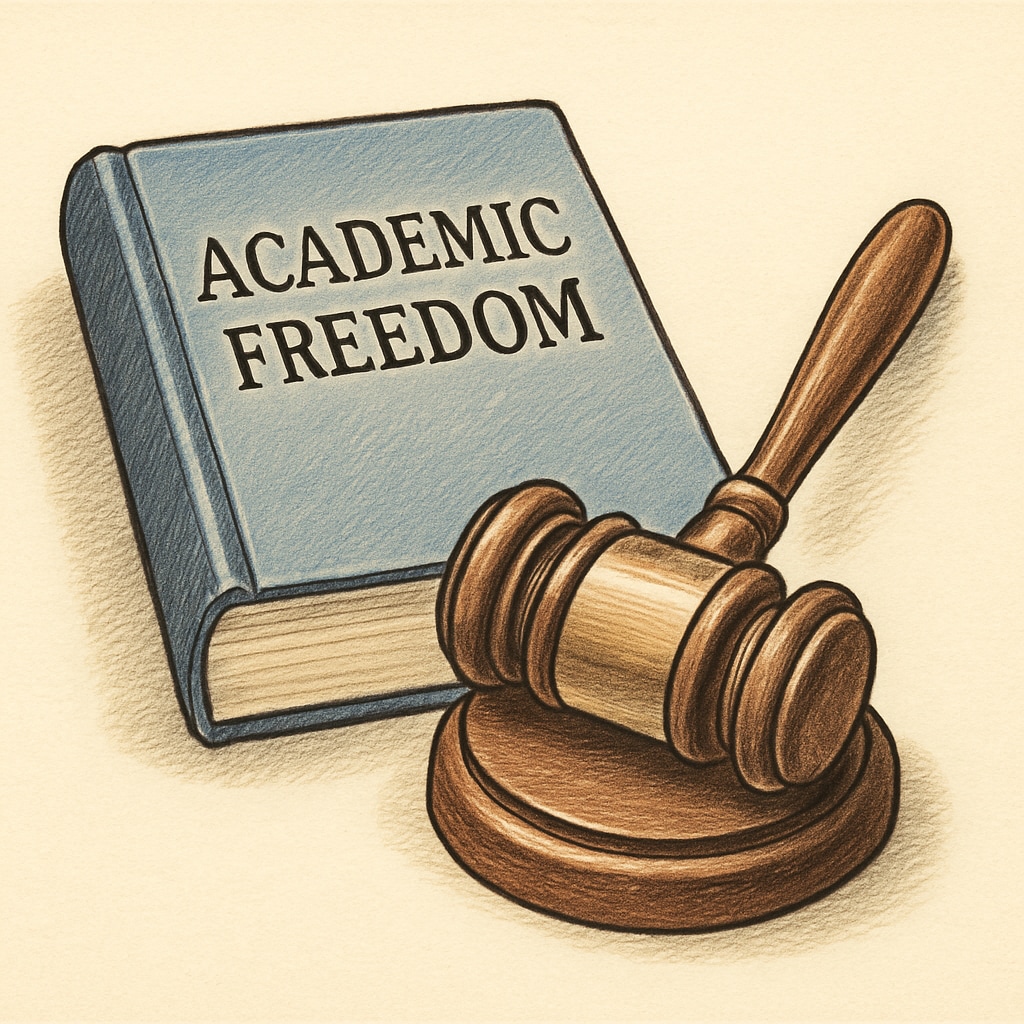The recent implementation of political ideology tests in teacher applications in Oklahoma has sparked significant controversy. This approach, targeting out-of-state teacher applicants, has raised concerns about the fairness of the hiring process, the promotion of diverse perspectives, and the preservation of academic freedom. By intertwining education and politics, this policy sets a dangerous precedent that could reshape the landscape of public education.
Political Ideology Screening: A New Barrier for Teachers
In Oklahoma, teacher applicants from other states now face an unusual requirement: political ideology screening. This involves assessing an applicant’s personal beliefs and values to determine compatibility with the state’s educational standards. Supporters argue it ensures teachers align with local values, but critics warn it could lead to ideological gatekeeping, excluding those with differing perspectives.
For example, educators who advocate for inclusive curriculums or progressive teaching methods might be deemed unsuitable under this new system. Such practices risk undermining the principle of merit-based hiring, replacing it with a subjective ideological litmus test. This raises an important question: Does this policy prioritize political conformity over educational excellence?

The Threat to Academic Freedom and Diversity
One of the fundamental principles of education is fostering critical thinking through exposure to diverse viewpoints. Political ideology testing threatens to erode this principle. By filtering teachers based on perceived ideological alignment, Oklahoma risks creating a homogenized educational environment that stifles debate and innovation.
In addition, such practices could deter talented educators from applying, further exacerbating teacher shortages in the state. A teacher shortage is already a nationwide issue, and policies like these could make Oklahoma less attractive to skilled professionals. As a result, students may suffer from a lack of quality education and diverse perspectives in the classroom.
Potential Legal and Ethical Implications
This policy also raises serious legal and ethical questions. For instance, is it constitutional to evaluate teachers based on their political beliefs? The First Amendment guarantees freedom of speech and expression, and such practices could be interpreted as a violation of these rights. Additionally, the ethical implications of using subjective criteria in hiring processes cannot be ignored.
Legal challenges to similar policies have been raised in the past. For example, in cases involving free speech in schools, courts often emphasized the importance of protecting diverse viewpoints. Policies like Oklahoma’s could be seen as antithetical to these precedents, potentially leading to costly legal battles.

Balancing Local Values and Educational Excellence
While states have the right to set educational standards, it is crucial to strike a balance between respecting local values and upholding the principles of fairness and inclusion. Instead of political ideology tests, policymakers could focus on fostering open dialogue between educators and communities. This would allow for diverse viewpoints while ensuring alignment with local needs.
Furthermore, professional development programs could help teachers adapt to state-specific requirements without compromising their core beliefs. Collaboration, rather than confrontation, might better serve the interests of both educators and students.
In conclusion, the introduction of political ideology testing in teacher applications is a concerning development with far-reaching implications. It risks undermining academic freedom, restricting diversity, and deterring talented educators. As debates continue, it is vital to prioritize educational excellence over political conformity, ensuring that schools remain spaces for learning, growth, and the free exchange of ideas.
Readability guidance: The article uses concise paragraphs, transitions such as “however” and “in addition,” and lists to summarize key points. Passive voice is limited, and long sentences are minimized to enhance clarity.


